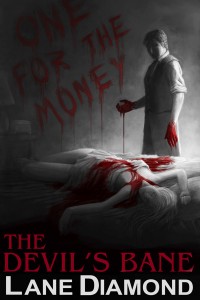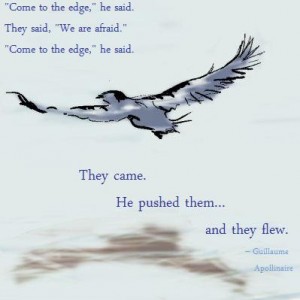THIS POST IS FOR WRITERS and READERS:
Are books becoming mere “Movies on Paper?” Does eloquent writing even matter anymore?
(This article originally appeared at another site back in March of 2011, from which it is now gone. Therefore, I re-post it here.)
I’ve been reading quite a bit lately—at least, “quite a bit” for me. I’ve read six thrillers in the past month, and one common thread has really jumped out at me. The authors of four of the six wrote them in what I could best call a “sparse style.” Were I feeling a bit snarky, I might call them “just plain sloppy.” The other two might at least challenge the average 12-year-old. (Remember: We’re talking about content otherwise meant for an adult audience.)
This raises a number of questions for me:
1) Is this really what the publishing industry wants? If so, is it because that’s what readers want?
2) Is this unique to the Thriller genre, or are other genres displaying the same lack of concern for quality prose?
3) Why do people read? If they seek nothing more than a “Movie on Paper,” why wouldn’t they just watch the movie? It’s a lot quicker… and cheaper.
4) Have our schools dumbed us down so much that no one even knows how to write anymore, or, for that matter, how to read? Does that mean we should throw up our hands and surrender? Give up on the language?
5) Whatever happened to editors? Are these successful authors now so comfortable with their positions that they no longer feel it necessary to “do it right”—which is to say, “write?” Is anyone else insulted by that, feeling a bit abused, or is it just me?
6) Why should I continue to spend my hard-earned money on books, if all I’m going to get is a different format for a movie I can watch… free of charge… in less than two hours?
Okay, so maybe I’m ranting a bit. Okay, so I’m ranting a lot. What can I say? When I read a book in which every other sentence is a 3- or 4-word, verb-free, content-free fragment, I can’t help but feel as if I have the hiccups. And between you and me, I HATE the hiccups. NOTE: I say this not as a writer or editor, but as a reader.
I look for more from a book:
A) Characters that live and breathe on the page, full of emotional and psychological depth that a movie hasn’t the time to offer;
B) Complex plot that goes beyond the movie-like car chases, explosions and eye candy;
C) And yes, a thoughtful exploration of the language, one that brings richness and wonder that no movie can match.
It’s not that I mind an occasional simple, quick, not terribly fulfilling read—a minor distraction from the stresses of everyday life. I just don’t want every book to be that way. Nowadays, it seems I must return to the classics for a literary excursion. Modern storytellers are decent enough… well, storytellers. However, I’m hard-pressed to call some of them—quite a few of them, in fact—writers.
Our language is a wonderful tool, a fantastic opportunity for the exploration of whole new worlds born of imagination and daring. Yes, I love a good story… of course! However, let me revel in the words, at least every once in a while, to make that exploration a richer and more satisfying one.
Is metaphor dead? Is simile obsolete? Are breathless, grunting sentence fragments all that remain of our devolved language?
God, I hope not.
Of the six authors I recently read, each of whom I’ve read before, I’m scratching three from my future reading list. I’ll not buy any more of their books. Ever. Perpetual hiccups are no fun, and I just can’t stand it anymore. As to the other three, I’m placing them on probation—one more chance, maybe two—only because I’m so attached to their characters.
I offer here an example of how to do it right:
Dean Koontz, in his book Forever Odd, could have simply TOLD us that protagonist Odd Thomas was lonely, and that he had only himself to blame for that fact. This would have been fine, if rather dull. Instead, he chose to SHOW us Odd’s state through metaphor:
“Loneliness comes in two basic varieties. When it results from a desire for solitude, loneliness is a door we close against the world. When the world instead rejects us, loneliness is an open door, unused.”
As I read those words, I could see Odd in my mind’s eye, standing at his open door, wondering why no one ever stopped by to visit. Dean Koontz took the time and effort, as he does in snippets throughout all his books, to raise the bar, to challenge and excite us with words—to write for us. Thank you, Mr. Koontz! Whatever you may think of his stories, at least he writes!
A note to modern writers, on the off chance that you care: “My patience is running thin. Write for me! Or I’ll just wait for the movie.”
‘Til next time, remember this: Writing well is not easy. It takes work. You mustn’t be lazy.








Please follow me here: